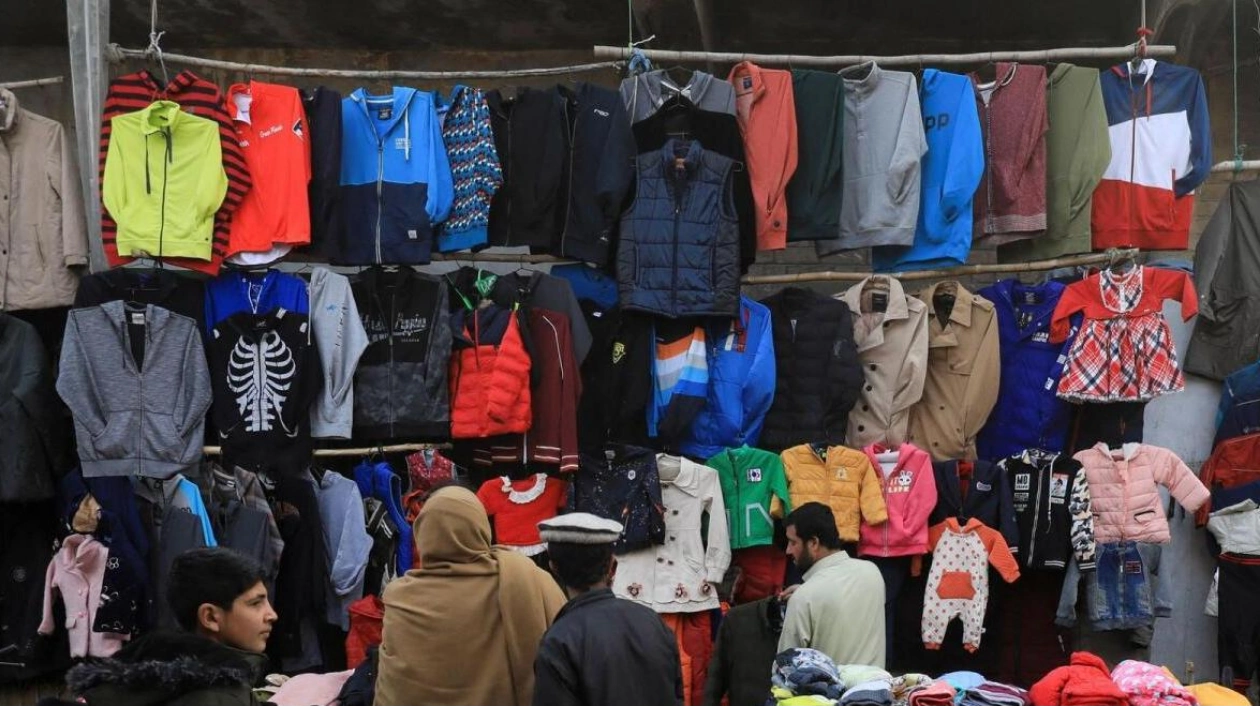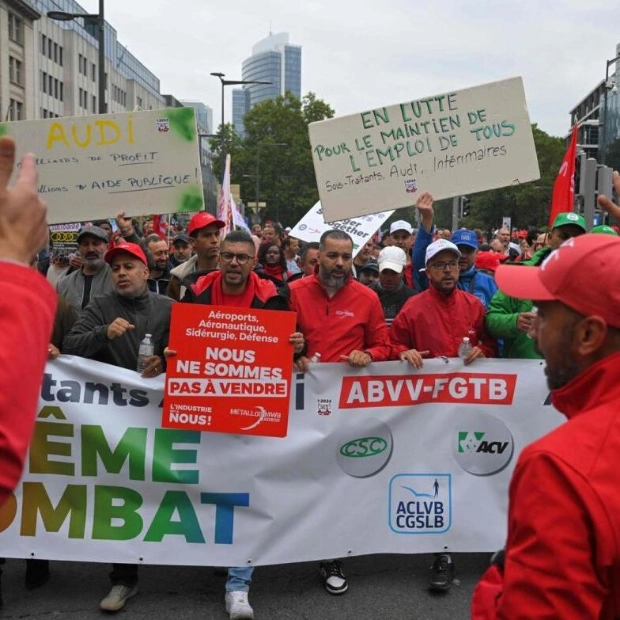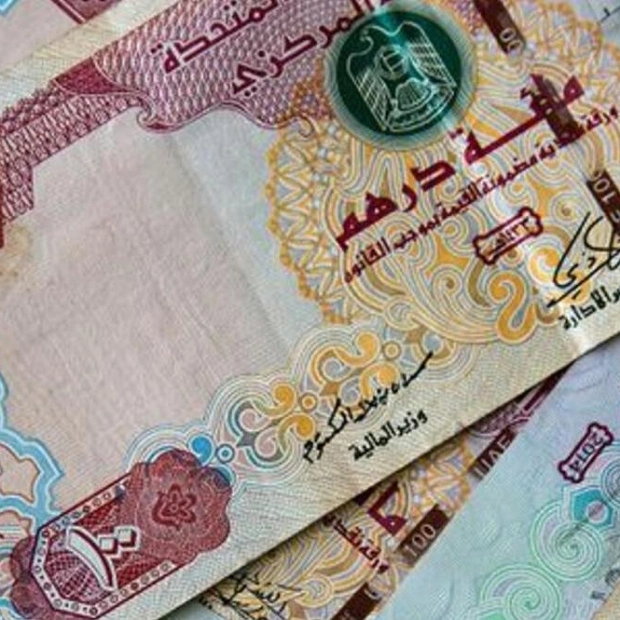At the Landa Bazar in Peshawar, Pakistan, individuals browse through secondhand clothes. A Reuters File Photo captures this scene.
In Rawalpindi, the soaring costs of imported second-hand winter garments have made it increasingly difficult for low-income families to afford essential winter wear. Prices have surged by up to 60% compared to last year, affecting the affordability of jackets, coats, and shawls. In response, larger retailers have started offering discounts of 10 to 25% on their remaining winter stock, according to the Express Tribune.
However, the price hikes are most noticeable in traditional markets, where handmade quilts and rugs have also seen significant increases due to rising production costs. New taxes and customs duties on imported second-hand clothing from Europe have made even the most budget-friendly options unaffordable for many this season.
Despite the presence of numerous stalls in the city selling winter essentials, the financial burden on average shoppers remains substantial. Popular markets like Raja Bazaar, Jamia Masjid Road, and Banni Chowk are currently offering sales, but the discounts are insufficient to ease the financial strain.
Historically, low-income families have depended on cheap second-hand clothing imported from abroad. However, new tariffs and increased transportation costs from Karachi to Rawalpindi have made it challenging for this demographic to find affordable winter clothing. Even wealthier individuals are now shopping at used clothing shops, buying items that can be cleaned and refurbished.
In the flea market, children's sweaters are priced between PKR 350 and PKR 600, while children's coats and jackets range from PKR 1,000 to PKR 2,000. Adult clothing also sees significant mark-ups, with sweaters priced from PKR 600 to PKR 1,000 and jackets between PKR 2,000 and PKR 3,000. In contrast, new children's winter clothing in larger retail stores can cost anywhere from PKR 4,500 to PKR 10,000.
Ashfaq Bacha, a dealer of second-hand winter clothing, noted that increased customs duties and transportation costs, driven by high fuel prices, have pushed up prices. He estimates that eliminating these taxes could lead to a 40 to 50% reduction in costs, according to the Express Tribune.
Local resident Sajid Mehmood expressed frustration, stating, "The tax on everything essential for the poor has made our lives even harder. If the government removes the tax on old clothes, it would provide much-needed relief."
Source link: https://www.khaleejtimes.com






